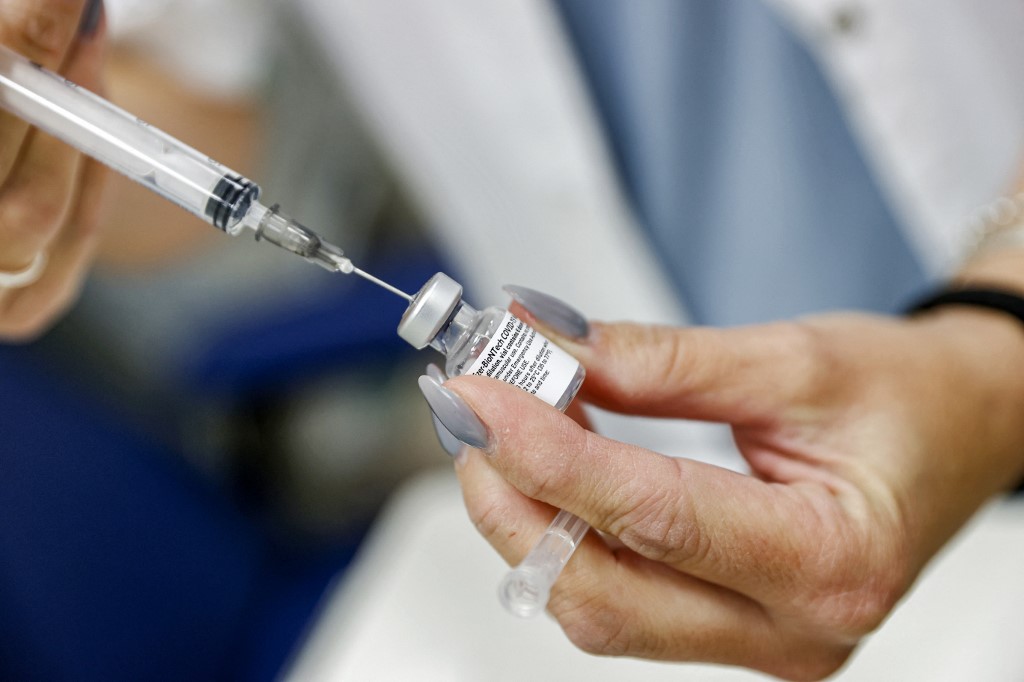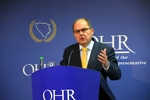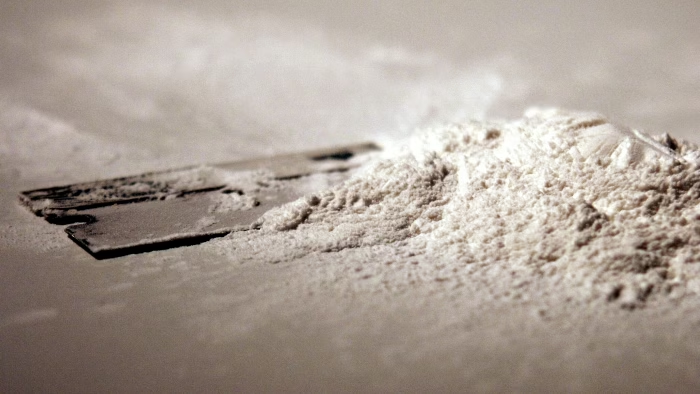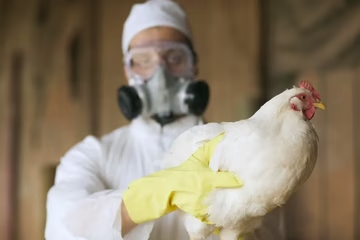
Israel is to begin rolling out a fourth dose of the coronavirus vaccine with immediate effect for people ages 60 and over, medical workers and people with suppressed immune systems, the Prime Minister's Office announced Tuesday, following a recommendation from the country's panel of coronavirus experts.
Those eligible for the fourth dose can receive it provided at least four months have passed since the third dose, it said. In Israel, almost all vaccinated citizens have received the Pfizer/BioNTech vaccine.
One of the members of the expert panel told Israeli radio Tuesday evening that the decision to recommend a fourth dose had not been an easy one.
"We don't really have data yet on the level of immunity like we did when we decided on the third dose, but on the other hand, there is really scary data out there in the rest of the world, Professor Galia Rahav said.
"In a situation like this, if you don't act immediately, you miss the train," she added.
Israeli Prime Minister Naftali Bennett welcomed the recommendation and encouraged citizens to get the shot as quickly as they could.
"Wonderful news, do not waste time -- go get vaccinated," he said in a Tuesday statement.
Bennett also applauded Israel's efforts in tackling the virus so far, saying that the country continues to "stand at the forefront of the global effort to deal with the pandemic."
"The citizens of Israel were the first in the world to receive the third dose of the Covid-19 vaccine and we are continuing to pioneer with the fourth dose as well," he said.
And so far, that's been the case.
When it comes to Covid-19, it seems where Israel leads, the rest of the world follows, with the country offering other nations a glimpse into the pandemic's future for nearly a year.
Israel has been at the forefront of vaccination rollouts for adults and teenagers, pioneered a vaccine passport and, in recent months, has spearheaded the use of booster shots.
At the end of July, the country began offering boosters of the vaccine to those over the age of 60; since late August, boosters have been available to anyone over the age of 16, five months after their second dose of the vaccine.
At the moment, a person is not considered fully vaccinated in Israel until they have received a third dose of the vaccine -- once they are eligible.
More than three months on, Israeli health officials say the data is clear: Booster shots helped bring down the fourth wave of the virus that swept the country in August and September.
However, three doses appear to not be enough, with Tuesday's announcement marking the throes of a fifth wave.
The total number of new Covid cases in Israel topped 1,300 on Monday, a figure not reached since the middle of October.
Meanwhile, the country's R coefficient -- the number of people infected by each person with Covid-19 -- jumped to 1.28, its highest level since early August, when Israel was in the height of the fourth wave.
The government's ministerial committee tasked with driving policy on the pandemic also met Tuesday, deciding on a number of new measures in the wake of the new wave of infections brought on by Omicron.
Children living in areas of low vaccine uptake among under-18s could find themselves back in online schooling as early as this week, they said.
In areas with high Covid case numbers, known as red or orange communities, only classes in which at least 70% of children have received at least one dose of the vaccine will be taught at school. Classes with lower vaccination rates will be taught online.
The new policy goes into immediate effect for children ages 13 and above; for younger children, it will take effect in three weeks' time, they said.
There will also be an increased requirement on Israelis to produce their vaccine pass. For instance, it will now be mandatory to show the pass to enter or work at a store larger than 100 square meters (approximately 1,076 feet).
And on Sunday, the public sector will reduce the number of staff working on-site by half, a measure that will be in place for at least a month. Over the weekend, Bennett asked private sector businesses to encourage staff to work from home as much as possible.
The latest government data in Israel shows 341 confirmed cases of the Omicron variant. Two-thirds of those cases are in people who have either been fully vaccinated or recently recovered from the disease. In addition, there are more than 800 suspected cases of the Omicron variant.
Kakvo je tvoje mišljenje o ovome?
Učestvuj u diskusiji ili pročitaj komentare





 Srbija
Srbija
 Hrvatska
Hrvatska
 Slovenija
Slovenija



























































